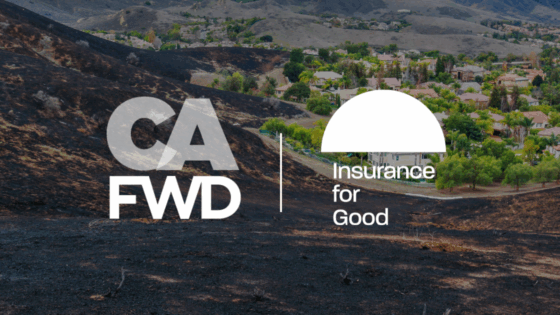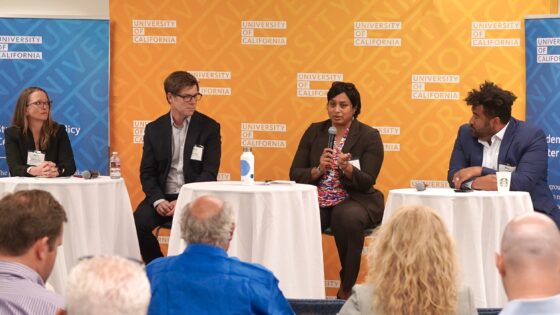5 Ways to Better Link Risk Reduction and Insurance
https://cafwd.org/wp-content/uploads/2025/07/FINAL-I4G_CA-FWD-Partnership-1024x538.png 1024 538 CA FWD CA FWD https://secure.gravatar.com/avatar/4659bbeb05058c6becb363a6c5cb78524b554f7c476465b7448c29836d946e03?s=96&d=mm&r=gAs climate change drives up risks around the country, there is growing recognition of the urgent need for greater investments in risk reduction at all scales. We share key takeaways and next steps.




